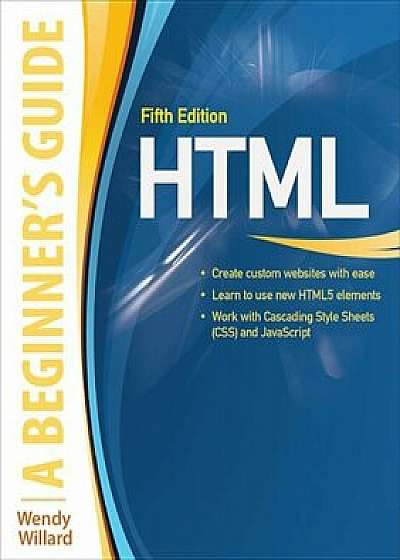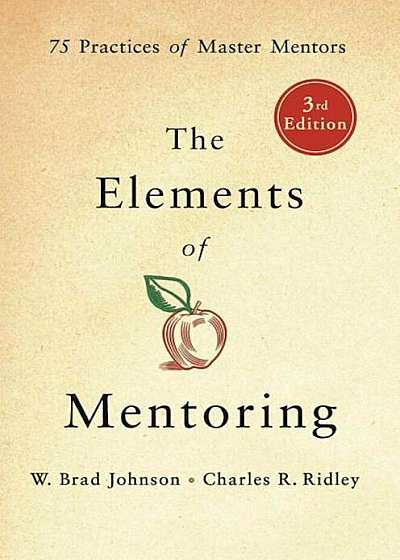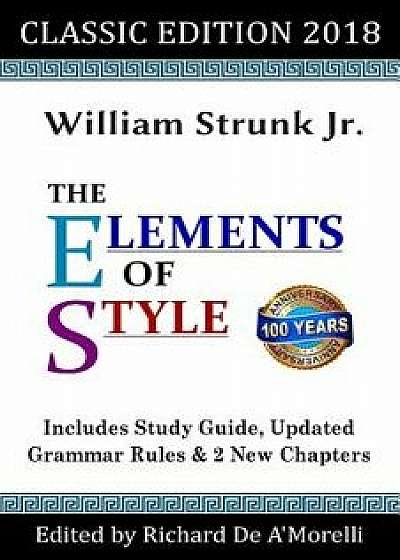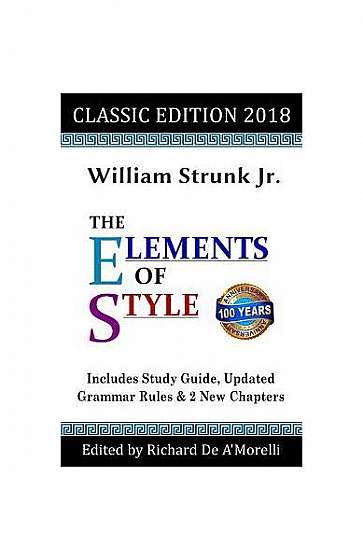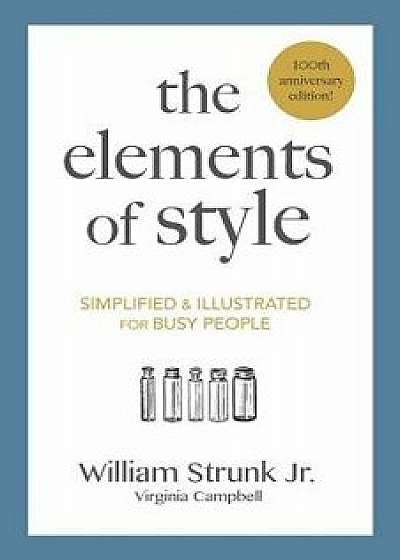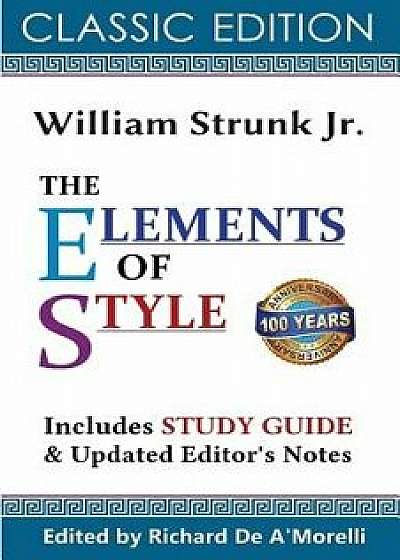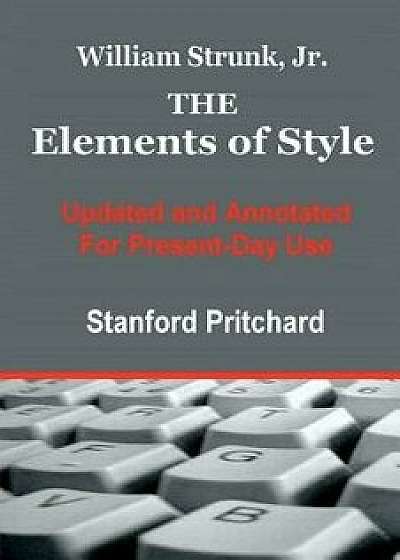
The Elements of Style: Updated and Annotated for Present-Day Use, Paperback/MR Stanford K. Pritchard
Descriere
Contributor(s):Author: MR Stanford K. Pritchard ABOUT THE ELEMENTS OF STYLE: UPDATED FOR PRESENT-DAY USE "The ancients wrote at a time when the great art of writing badly had not yet been invented. In those days to write at all meant to write well." - Georg Christoph Lichtenberg. I was originally born in Ohio.... Well, that's interesting, I thought, as I absentmindedly listened to the sports announcer on the radio. Wait STOP"I was ORIGINALLY BORN IN OHIO..."? Well, gosh. Where were you born after THAT? Then there are the baseball commentators who routinely say things like: "If he makes that play, the run may not have scored." Well, again, wait just a minute. "If he MAKES that play...." But the play is already over. Why is the sentence in the present tense? ..".The run may not have scored." But it DID score, so in this case, the proper word is "might," "MIGHT not have scored." A baseball announcer with any feeling for elementary good grammar would have said: "If he had made that play, the run might not have scored." Oh, and then there are little niceties like this: "If I'm the Dallas Cowboys, I gotta believe...." But you AREN'T the Dallas Cowboys, and besides, how could one person be an entire football organization? Okay, okay, sports broadcasters are easy to pick on (though one wonders why sports announcers, who are paid to speak, can't speak clearly, grammatically, and well). The problem is -- and it's the problem squarely confronted in this book -- that such loose, breezy, and ungrammatical language is epidemic in print, too. Newspapers and magazines are full of cliches and buzzwords, and there's not one writer in ten who understands that difference between "lay" and "lie." If you have a friend who goes duck hunting, and s/he gives you a bunch of down, you might want to LAY the down on your mattress. Similarly, you LAY turf in the yard, or LAY bricks in the patio. But when you take to your bed for a nap, you LIE down. (The issue is clarified in this book.) Language,
